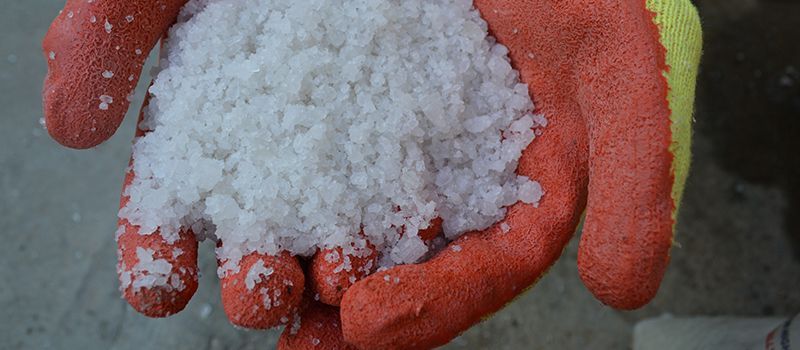Over 2 million tonnes of rock salt are spread onto UK roads each year. The majority is spread on motorways, trunk roads and main roads. Less than a third of other roads are treated.
The operation of salting UK roads costs over £150 million per year. Without salting, the delays would cost the economy an estimated £2 billion per year.
Entirely dependent on the weather, expenditure for winter maintenance can vary vastly, making control of budgets very difficult. There can be huge differences between individual area highway maintenance plans.
An act of Parliament, passed in 2003, binds local authorities to ensure, “So far as is reasonably practical safe passage along a highway is not endangered by snow or ice”.
The introduction of technology to Winter maintenance is now providing methods to review effectiveness and efficiency of service and delivery.
- Let’s have a look at more facts and figures Each year over 1,000 people are killed or seriously injured on icy or snow-covered roads.
- A euroRAP (European Road Assessment Programme) survey shows the risk of being killed in a traffic accident in the UK is 5.9 per 100,000 population – the lowest figure of any country in Europe.UK rock salt mines have around 140 miles of tunnels, the same distance as from London to Brussels. Many of the towns in the Cheshire area have taken their names from salt production; Northwich, Middlewich and Nantwich are three examples, in fact Wych or Wich means Brine town.
- The world’s oceans contain a huge amount of salt. If all the Salt from the Sea was on land it would be enough to cover the UK with a layer 50 miles deep.
- Rock salt in the UK was laid down around 200 million years ago when Britain was a shallow inland sea surrounded by desert, near the equator.
- The oldest known salt mine is in Xiechi Lake, China and dates back to 6000BC.
- Rock salt is the common name for Halite. It’s a rock rather than a mineral, this is what makes it different to the salt we use in our food, although it does share many characteristics.
Have a look at our full range of rock salt here.






